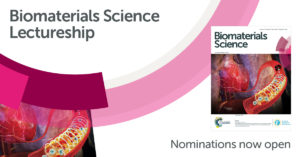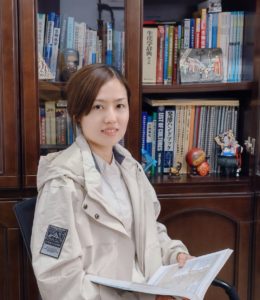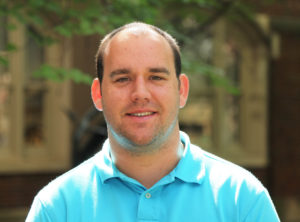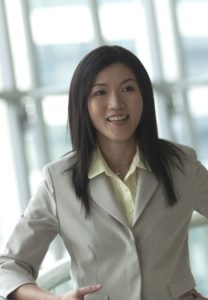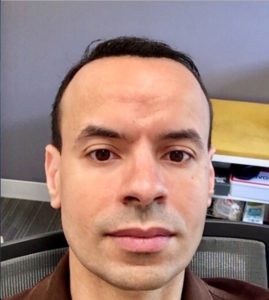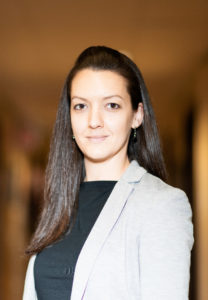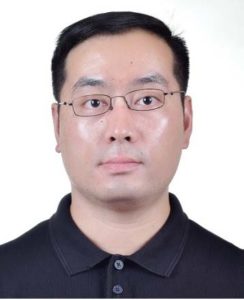For many years Biomaterials Science has showcased special collections dedicated to work carried out by researchers in the earlier stages of their research careers in our Emerging Investigator collections, most recently in our 2021 Emerging Investigators collection.
We hope that the biomaterials community has found these issues to be valuable, both in the high quality of the articles and in drawing attention to newer voices in the community. The journal editors and Editorial Board consider these to have been highly successful.
In light of disruption to research programmes worldwide, we have taken the opportunity to reassess the format of this initiative, and we are now excited to announce the launch of the Biomaterials Science Emerging Investigators Series.
What is changing?
In place of a dedicated journal issue, Emerging Investigators papers will be published throughout the year. We anticipate the following benefits to this change:
- No fixed submission deadlines allowing more flexibility for authors
- Continual exposure of exciting work from early-career members of the community
- Greater emphasis and focus on individual authors and research groups
We hope for this to offer a better service to our authors and readers well into the future.
What is not changing?
While we will no longer dedicate a specific journal issue to our Emerging Investigators, all other aspects of this initiative will remain the same. This includes:
- Eligibility criteria (see below)
- A dedicated web page for published articles alongside our other collections
- Rigour and speed in peer review
- An overall objective to showcase the full diversity of cutting-edge research carried out from biomaterials scientists in the early stages of their independent careers worldwide
What happens now?
The Biomaterials Science Editorial Office will contact nominated Emerging Investigators throughout the year.
Regarding eligibility, contributors must:
- Publish research within the journal scope
- Currently be an independent research leader
- Have not been featured as an Emerging Investigator in a previous Biomaterials Science Emerging Investigators article
- Have either no more than 12 years of post-PhD research experience in the year of submission when taking into account any career breaks
Do you fit the criteria above, and wish to be featured as an Emerging Investigator in the journal? Get in touch with us at biomaterialsscience-rsc@rsc.org












